Just for Fun: The Best of Beijing – Know Before You Go
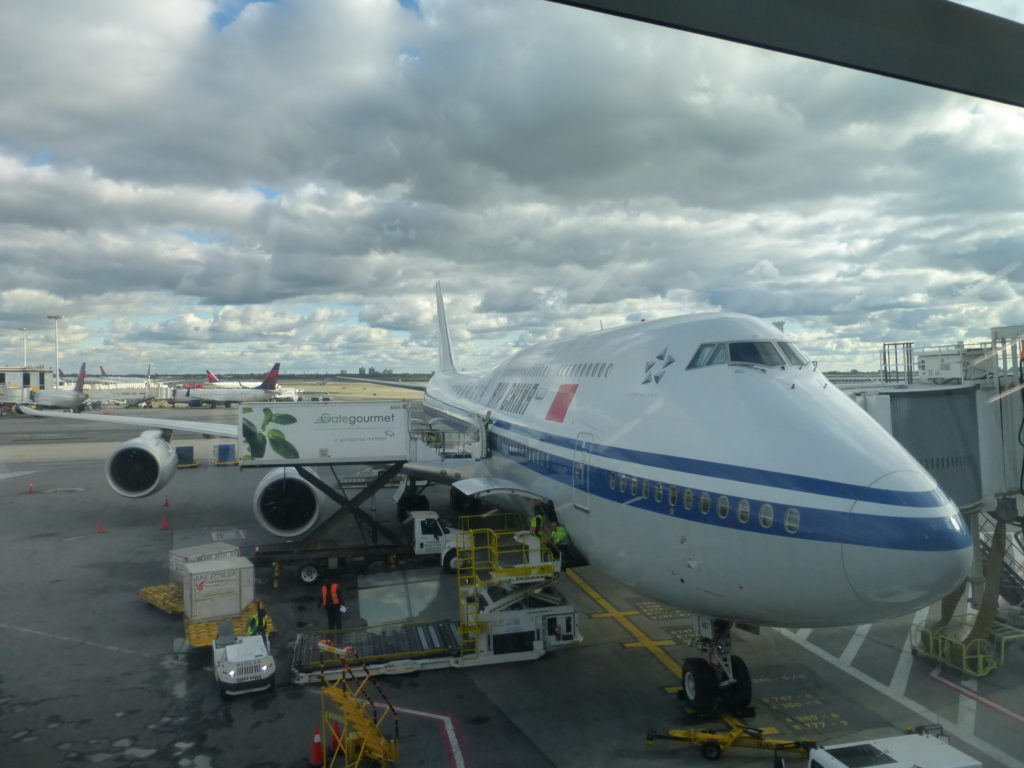
Beijing has long fascinated the Western mind. Since Marco Polo published his travelogue of China in 1300, Westerns have been inspired to visit Beijing and have rarely left disappointed. And rightfully so for the emperors of China knew what they were doing when they built the city. On a clear day, Beijing’s imposing, ancient architecture, with its blazing red walls and shimmering gold rooves, pops against the bright blue sky. Even with some of the city’s destruction during the Mao era and, more recently, for the 2008 Olympics, Beijing is still a city like no other in the world.
But for a first time visitor, this city of 21 million people can overwhelm. There is so much to see, so much to do, so much to eat. How does one prioritize? China Law & Policy is here to help. In this three-part Just for Fun series, we give some pointers – based on our own experience in Beijing – on what a first time visitor should look to do. What should you see? What should you eat? Today, we start with some preliminary matters to take care of before you even get on your flight to Beijing. For those of you who are regular visitors to Beijing, feel free to share in the comment section what you think is essential for a first-timer needs to prepare for his or her trip.
Virtual Private Networks
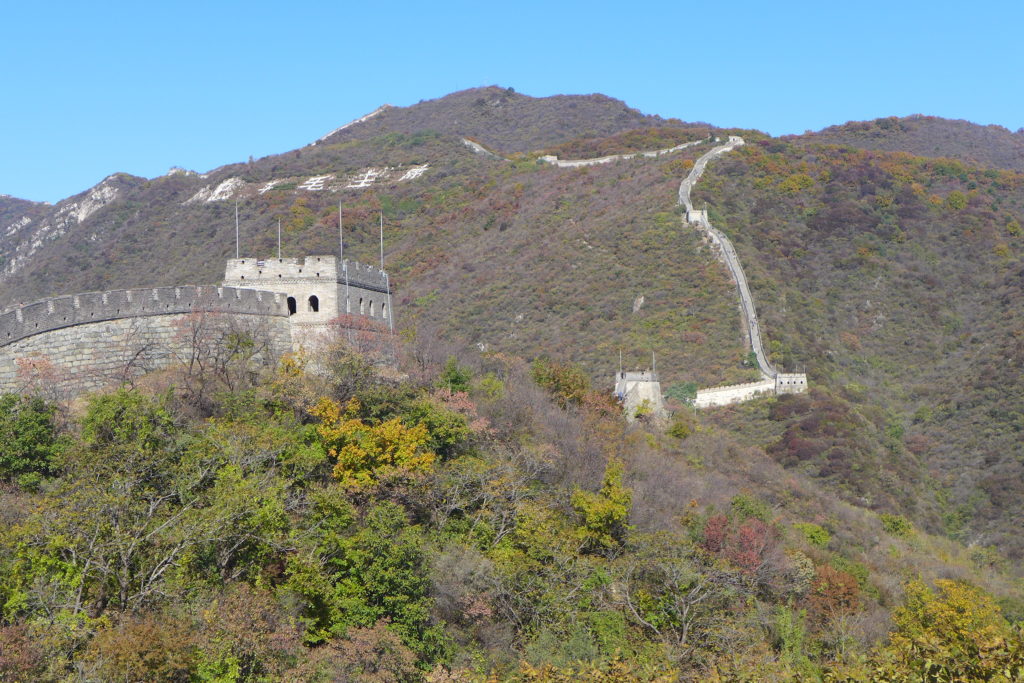
As soon as you arrive at the Beijing Capital Airport, you will be behind “China’s Great Firewall.” Those websites you visit daily – the New York Times, anything Google related (think gmail, maps), Facebook, Twitter – are blocked by government decree. But there are ways around it; one way is the use of a Virtual Private Network (“VPN”). Technically, accessing the internet through anything other than access points provided by the Chinese government is a violation of 1997 temporary regulations that are still in effect. And Chinese citizens have been fined ($150) during a recent government campaign against VPN usage. But most tourists that visit China use a VPN and here is a list of VPNs that usually work in China. Here though is the clincher – if you are going to use one, you have to download it on all your electronic devices before you leave for China. Because VPN’s are essentially illegal in China, their websites are blocked in China and app stores are not permitted to offer VPNs once you are in China. So be sure to download them on your cell phone, laptop, etc., a few days before you leave and play with them so you know how to work them. A VPN will run you between $12 to $15/month. Almost all of the VPNs require automatic renewal on your credit card, so mark your calendar to terminate your subscription once you return.
Your Passport – Don’t Leave Home Without It
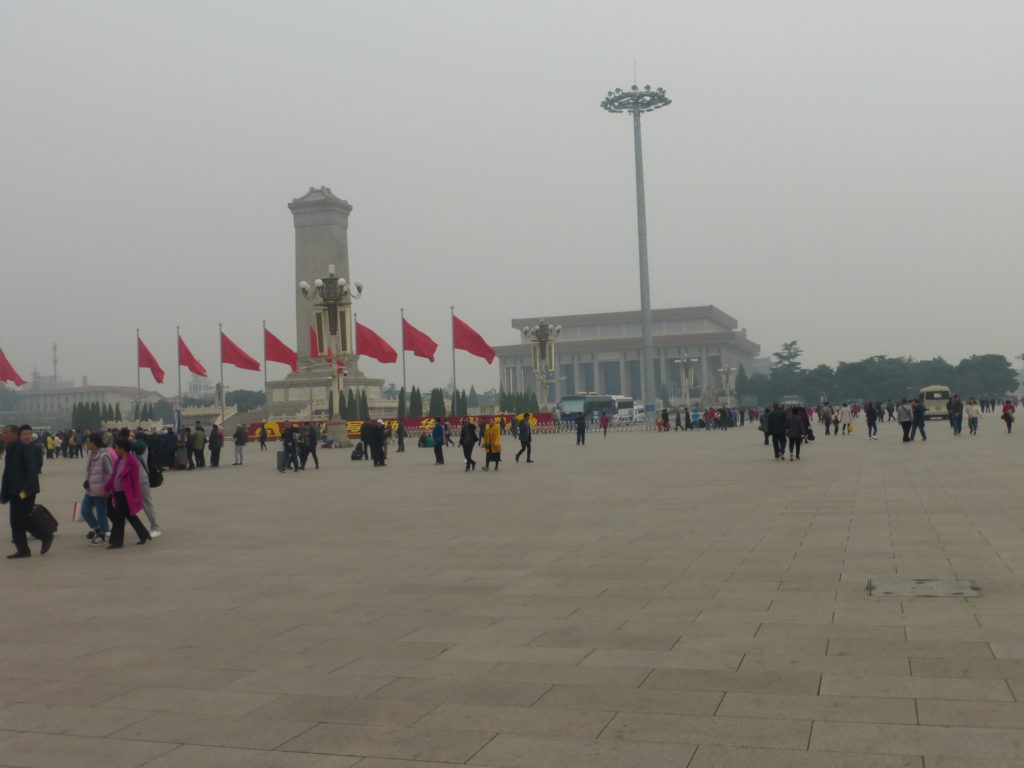
Second thing to note is that you need to travel with your passport on you at all times (and in case you missed it in preparing, you need a visa to get in). The U.S. Department of State recently reminded tourists traveling to China to always carry their passports. Additionally, you will need it to get through security checkpoints at certain tourist sites, such as Tiananmen Square. More importantly, for those traveling to China in their golden years, some tourist sites give a discount – sometimes as much as 50%! – to anyone 60 years and older (Forbidden City, Summer Palace are two such places). But the only way to verify that fact is by showing your passport. So don’t miss out on that deal.
Cash is King, At Least for Tourists
For tourists, China is still very much a cash-based society. China sort of skipped over credit cards and went straight to mobile payments. At a small, hole-in-the-wall shop on some random street in Beijing, you will see Chinese people just flashing their phone at a machine to pay for their water. Fortunately for tourists, these shops still must accept cash. But they won’t accept credit card. For sure you can use your credit card at your hotel, for dinners at more established restaurants, and in fancier shops. When it comes to everything else, you will need cash. So you will be going to the ATM. . . a lot. You should be able to use your ATM card at the major Chinese banks – Bank of China, China Construction Bank, ICBC, and China Merchant Bank, all of which are common around the city. And remember, you cannot purchase Chinese money outside of China. So as soon as you get out of customs at the airport, make a stop at one of the many ATMs that are in the airport and withdraw some cash. How much you need for the trip all depends on what you plan to do and what you plan to buy.
How to Get Around
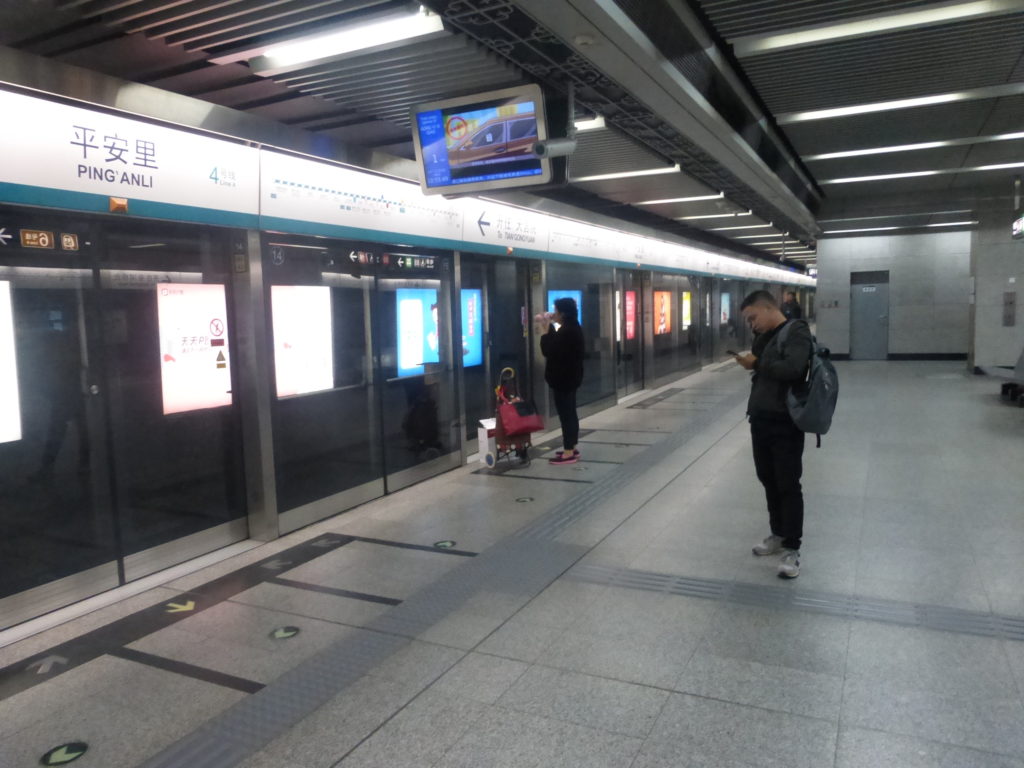
Now, for taxis. It will be almost impossible to hail one off the street and Uber and Lyft are not really used by Chinese taxi drivers. They use DiDi, which does now have an English version but I have yet to use it. So if you don’t use Didi, empty taxis will drive right by you – even with your hand held up trying to hail them. For some reason, taxi drivers prefer a DiDi fare over a hail. So if you don’t want to download Didi on your cell phone, then your best friend is going to be Beijing’s extensive subway system which is a great way to experience Beijing as a Beijinger. But try to avoid rush hour when the trains are packed. Also, some stops are not terribly close to the tourist attraction and often there is a long walk to transfer trains. So if you are traveling with someone who has challenges walking a lot, investing in a car service is a good idea. For the past few years, I have used Miles Meng (click here for info – just email Miles and he will set it up and give you the price) for airport pick-ups, driving to the Great Wall, and heading out to the Summer Palace. The driver drops you off and then tells you where to meet for the pick-up. It is more expensive than the subway, but when I was traveling with my Dad, a senior, it was a great way to see a lot of things in a short amount of time without tiring him out.
Toilet Paper – Don’t Leave Home Without It
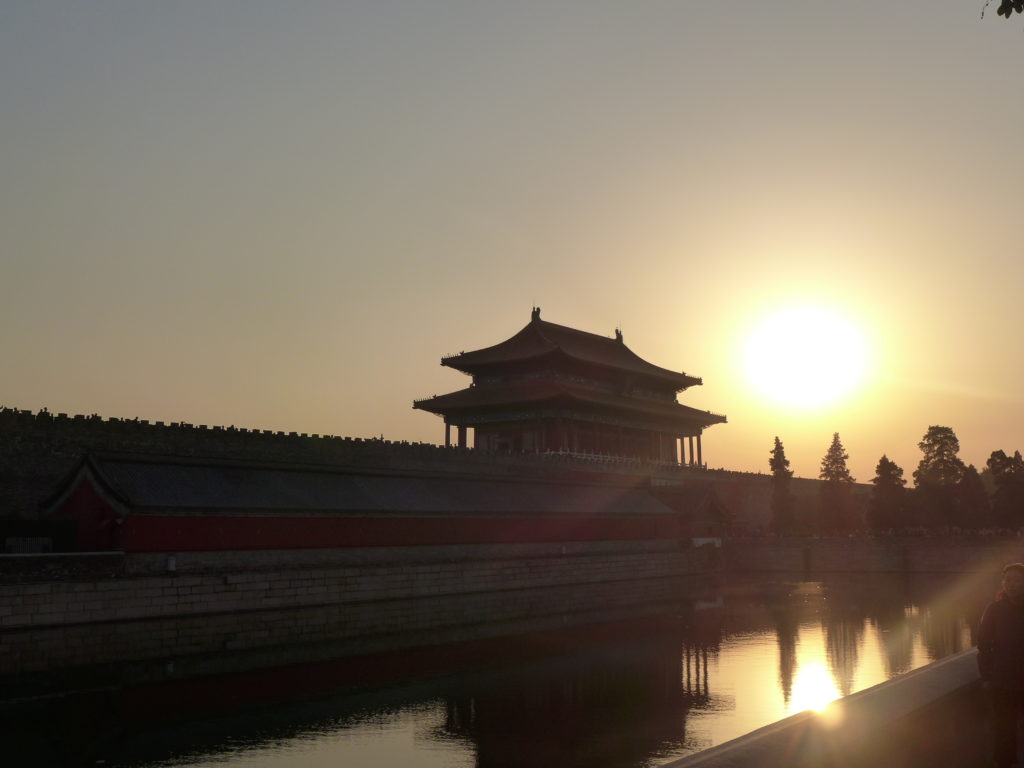
When I first went to China in 1993, my roommate, who had lived in China before, immediately told me that I needed to carry a roll of toilet paper with me. Twenty-six years later, that advice is still applicable. Beijing is great in terms of public toilets. It’s just that the public toilets don’t supply toilet paper. Which makes sense in a city of 21 million people; imagine how much of the city budget would be earmarked for toilet paper. While you could carry pocket tissues and they would do the same job, in the end, I just end up throwing a roll in my backpack. And you can buy very nice toilet paper in local shops and supermarkets when you arrive – no need to bring that from the U.S. And in terms of public bathrooms, most now do offer at least one stall that is a “western” toilet and not a squat toilet. Although in more dubious bathrooms off the beaten path, I choose the squat toilet over a sit down. Now that you have the preliminary matters down, it is time to start planning the itinerary! Join us tomorrow when China Law & Policy shares some of its favorite things to see and do in Beijing.
 On Facebook
On Facebook By Email
By Email 